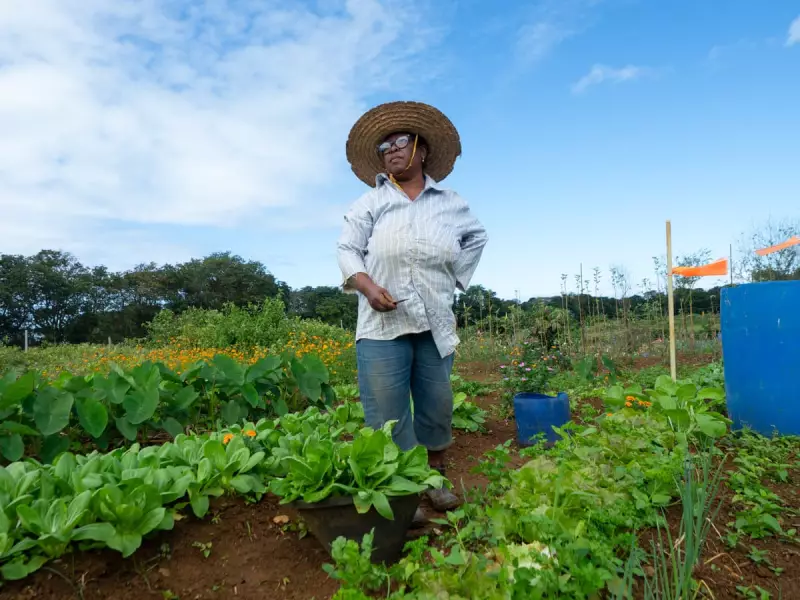
The tranquil turquoise waters of Mauritius, a jewel in the Indian Ocean, faced an unprecedented threat in July 2020. The grounding of the MV Wakashio bulk carrier, followed by a catastrophic oil spill, unleashed an environmental nightmare. Yet, from this ecological disaster emerged an extraordinary story of resilience and female empowerment that is reshaping the nation's relationship with food.
From Ecological Disaster to Agricultural Awakening
As the Wakashio leaked over 1,000 tonnes of heavy fuel oil into pristine marine ecosystems, contaminating coral reefs and mangrove forests, the nation faced a dual crisis. The spill devastated the tourism and fishing industries—economic lifelines for many communities. This shock to the system exposed the fragility of the island's imported food supply chains, with 75% of vegetables arriving from abroad.
This vulnerability sparked a radical rethinking of food security. The government launched a bold initiative to achieve food self-sufficiency, but the true revolution came from an unexpected quarter: the women of Mauritius.
The Rise of Female Agripreneurs
In response to the crisis, hundreds of women have transitioned from traditional roles to become agricultural pioneers. They've transformed backyards, abandoned sugar cane fields, and unused plots into thriving market gardens bursting with bok choy, tomatoes, lettuce, and herbs.
These female farmers have embraced sustainable techniques, shunning pesticides in favour of organic practices that protect their island's recovering ecosystem. Their success represents not just an agricultural shift, but a profound social transformation, challenging long-standing gender norms in a traditionally male-dominated sector.
Cultivating Community and Economic Independence
The movement has grown into a powerful collective force. Through cooperatives and knowledge-sharing networks, women support each other's endeavours, creating a robust local food system that circulates money within communities and reduces reliance on imports.
This grassroots revolution has received crucial support from international organisations and government agencies, providing training in modern farming techniques, financial management, and market access. The result has been a dramatic increase in both the quantity and quality of locally grown produce.
A Legacy of Resilience and Renewal
Five years after the disaster, the legacy of the Wakashio spill is complex. While the environmental scars remain, the crisis catalysed a remarkable movement toward sustainability and self-reliance. The female farming revolution has not only improved food security but has also created new economic opportunities, fostered community resilience, and empowered a generation of women.
The story of Mauritius serves as a powerful testament to human ingenuity in the face of disaster, proving that from the darkest of crises, seeds of hope and transformation can grow.





